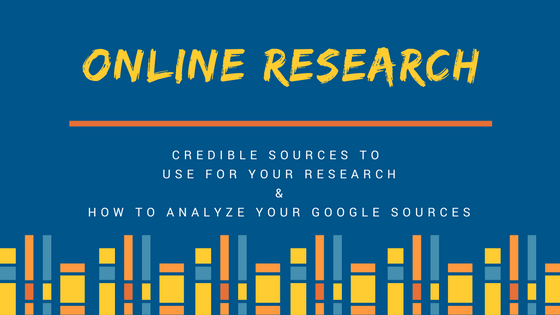We’ve collected some great research sources (other than Google!) that can help you find the information you are looking for, both in the library (books and magazines) and online. What makes them awesome is that someone has already looked at them and decided that it is high quality information, so you don’t have to worry that it isn’t!
- Click this link to find both online sources and book sources in our library:
2. Online sources: Find and click “Richmond Christian Middle School” to see many resources that are available to help you. If you need a username and password (for instance, for the World Book Encyclopedia), just email us or pop into the Learning Commons!
3. Books and Magazines: On the top of the screen, click ‘Catalogue’. Put in your main topic into the search bar and click enter. Review the non-fiction resources we have available for you in the library and choose the ones that look the best. Be careful not to get a fiction title. Write down the Call Number (looks like a number, then letters) and go find it in the non-fiction section. Once you get the book, skim or flip through and read the main headings until you find something relevant to your topic. Start taking notes!
If you INSIST on using Google as I know some of you might, you will have to analyze each source and website to make sure it is good, accurate and high quality. Here are some tips to help you do that. When you find a website online, give it this quick check to ensure that it is a good source for you to use.
- Is the website professional? Avoid people’s personal blogs and websites that you don’t recognize.
- Is the information up-to-date? Sometimes you might find information that was true many years ago, but due to recent discoveries, is now out of date. Ensure you are finding research that is current.
- Are there spelling and grammatical errors on the page? Exit immediately!
- Is the author biased? (meaning, is the author trying to convince you to believe his/her opinion or does the author only tell one side of the story?) If so, run away!
- Do other sources confirm the site’s information? If your site tells you something way different from all other books and sources, leave this website! If it is good website, then you should be able to find the same information from other sources- this means it can be trusted.
- Does the author of the article tell you where he/she found his information? That’s good. If it’s from his head or if he plagiarized, then he won’t tell you where the info came from. Be cautious.
If your Google site passes all of these, then use your source! If it doesn’t pass even one, then use the other online sources noted above or find a great book in the library- ask your friendly librarian for help!
WIKIPEDIA
Just. Don’t.
Seriously.
